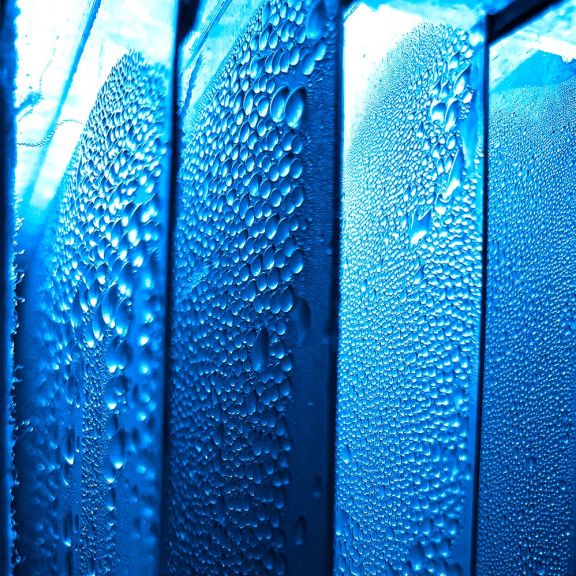
Globally, water demand is outrunning supply, with approximately 30% of Europe's population experiencing water stress in an average year. This issue will escalate as climate change intensifies droughts' frequency, severity, and consequences.
In response to this challenge, the Federal Ministry for the Environment, Nature Conservation, Nuclear Safety, and Consumer Protection (BMUV) and ZUG a non-profit organization that operates under the same ministry funded a solution from LibreWater. This collaborative network of Greek and German open hardware creators developed a small-scale water purification prototype system that converts seawater into drinking water.
Universal Water Access for a Sustainable Future
In 2023, the Greek and German LibreWater project team in their collaborative workspace (makerspace) launched the first version of Acraea in alignment with the United Nations Sustainable Development Goal 6, which aims to ensure universal access to water and sanitation.
To date, the project has garnered support from numerous foundations to ensure its successful completion and readiness for use. Additionally, it had advanced to the semifinals of the MIT Water Innovation Prize Semifinals, of the Seoul Design Awards 2023 and it has won the What Design Can Do - Make it Circular Challenge.
The Proof of Concept, Sustainability and Openness
Named after the nymph of fresh water from ancient Greek mythology, Acraea operates under the CERN Open Hardware License Version 2 and has its designs documented with the Creative Commons Attribution-ShareAlike 4.0 International License. Two licenses which according to one of Acraea’s creators “are the most thoroughly tested options”.
“After discussion, we decided that the CERN hardware license promotes the freedom to use, study, modify, share, and distribute hardware designs”. - Acraea co-creator
The LibreWater team’s goal is to provide free and open-source hardware designs for removing salt from seawater that can be locally manufactured and innovated, particularly in makerspaces worldwide.
After a year of common-based open source iterations in upgrades and fixes to its schematics, the original prototype has been upgraded into Acraea 2.0. It can now generate a limited supply of pure water from nearly any water source, adapt to new solar-thermal and heat sources essential for the purification process, and be scaled up or modified as needed.
“The next version of Acraea 3.0 will have an open source software controller that will manage and optimize the flow of the water entering the system” -Acraea co-creator
Designed with circularity and modularity at its core, this project offers comprehensive resources to help local makerspaces and organisations set up and adapt the artifact to suit the specific needs of the local community. It opens up opportunities for research into alternative and bio-materials, education in 3D printing, CNC milling, sewing, coding, and electronics, and fosters familiarity with open-source collaboration.
“ We aim to create technologies collaboratively with everyone and for everyone, fostering meaningful and self-fulfilling labor” - Acraea co-creator
Special thanks to one of the creators of Acraea for his availability and contributions !
For more information on the Acraea 2.0 working method and its module schematics click here and here.
Featured image from the LibreWater/Acraea-Prototye github page

